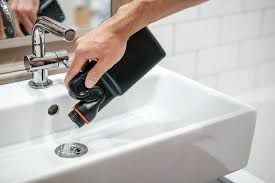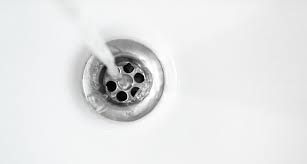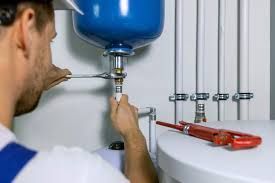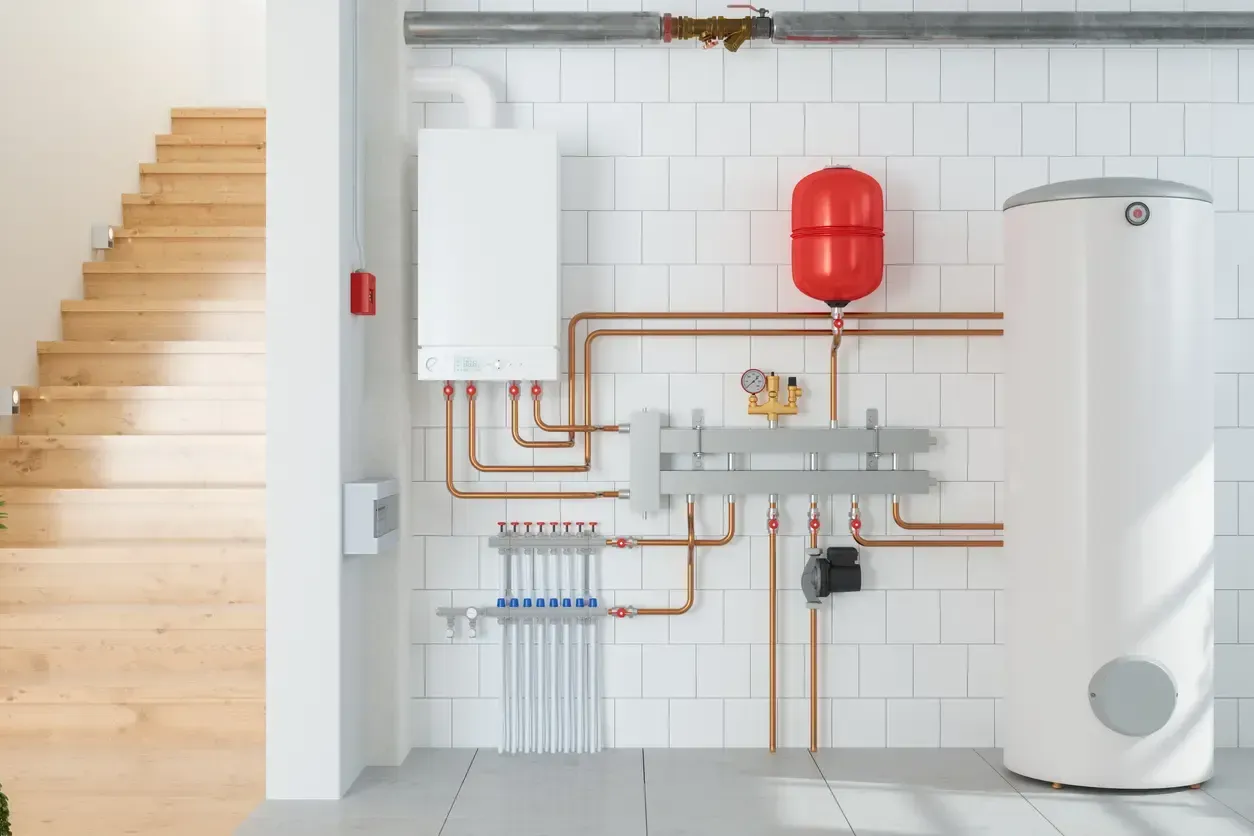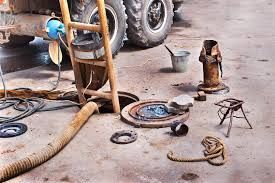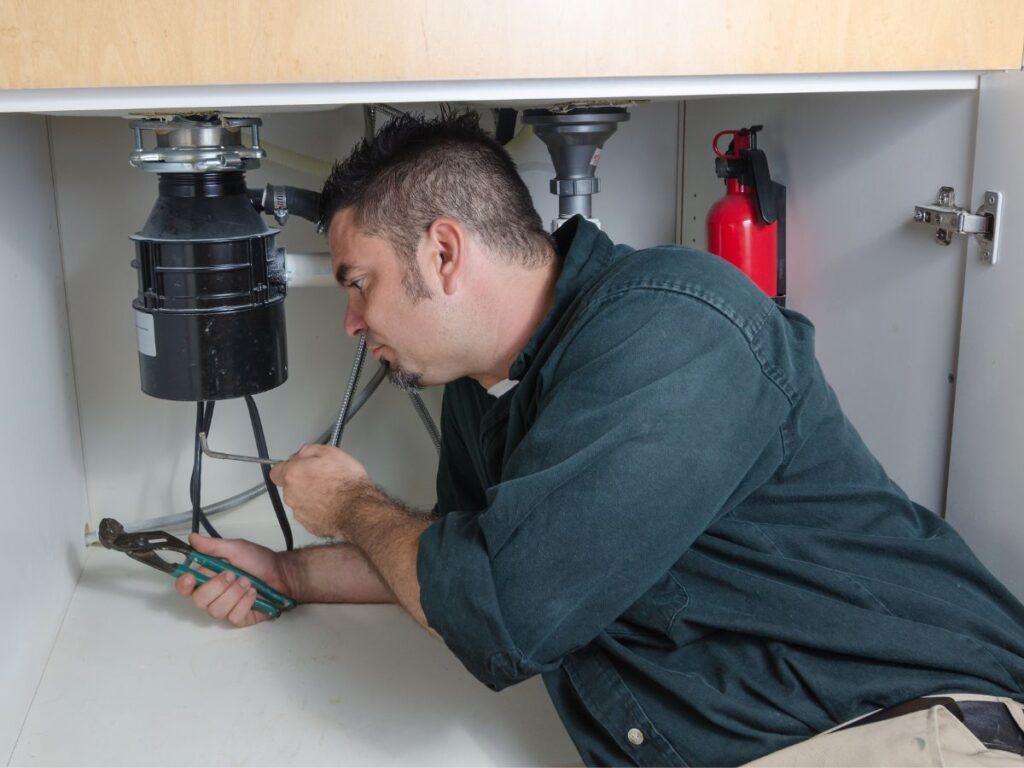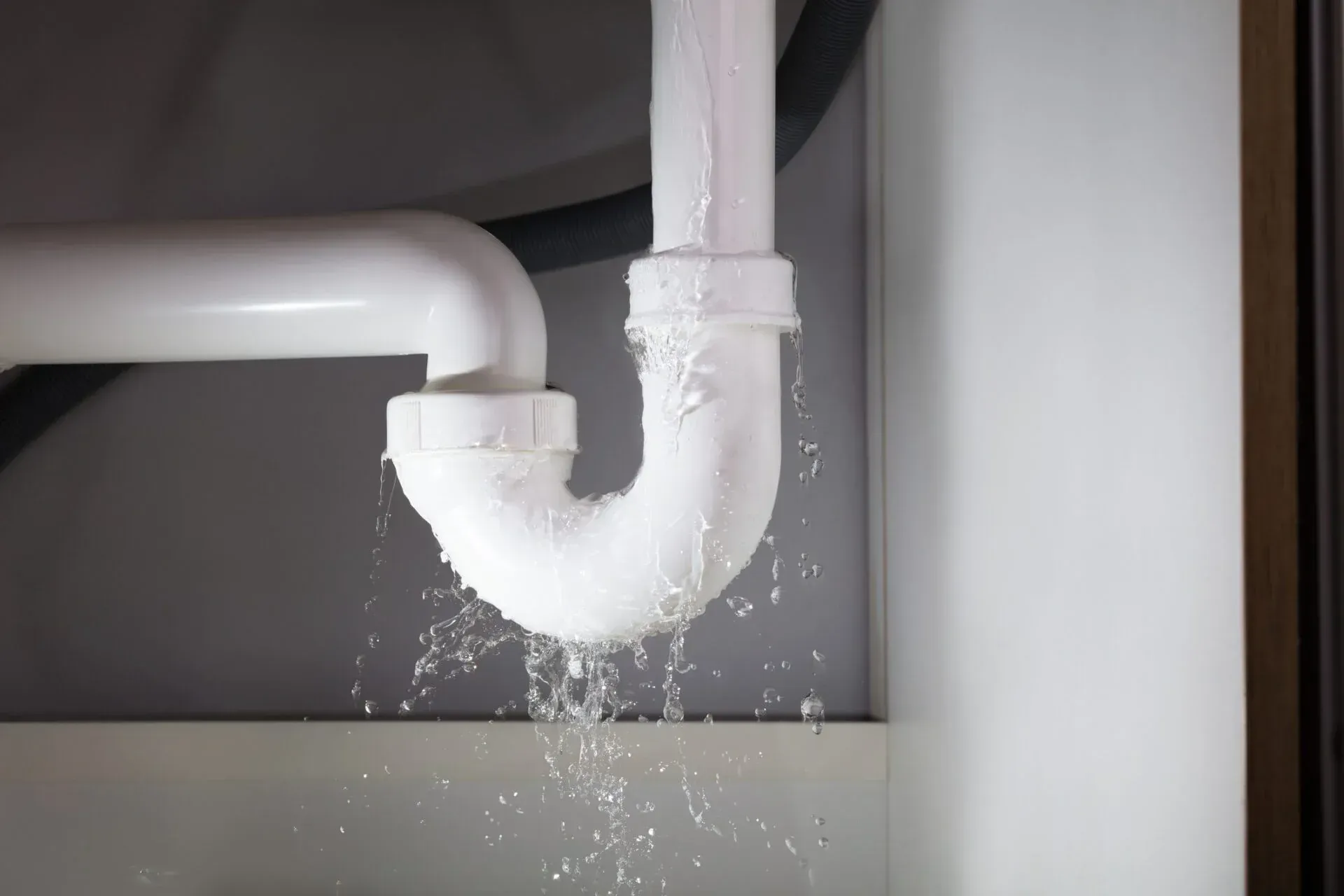13 Things You Should Never Pour Down the Drain
Ever find yourself mindlessly pouring something down the drain, thinking it's no big deal? We've all been there. But here's the thing: some of those everyday items can wreak havoc on your plumbing and the environment. Let's dive into the top 13 things you should never pour down the drain, and learn some simple alternatives to keep your pipes clear and your home running smoothly.
1. Grease and Oil
Pouring grease and oil down the drain might seem harmless, but these liquids solidify as they cool, sticking to your pipes and causing major clogs. Over time, this can lead to nasty blockages and costly repairs. Instead, let grease and oil cool down in a container, then toss it in the trash. Your pipes will thank you!
2. Coffee Grounds
Coffee grounds may seem small and harmless, but they can clump together and cause serious blockages in your plumbing. Rather than rinsing them down the sink, consider composting them or using them as mulch for your garden. It's an eco-friendly way to dispose of them, and your plants will love it!
3. Eggshells
Eggshells might seem like they’d easily wash away, but they actually create granular waste that can stick to grease and other debris in your pipes, leading to clogs. Instead of tossing them down the sink, add them to your compost pile or throw them in the trash. Your garden will benefit from the calcium boost!
4. Flour
Flour might not look like trouble, but when mixed with water, it forms a sticky paste that can clog your drains. To avoid this mess, always dispose of excess flour in the trash. It's a simple step that can save you from a big headache down the road.
5. Medication
Flushing medication down the drain can have serious environmental consequences, contaminating our water supply. Instead, take advantage of drug take-back programs or follow the disposal instructions on the medication label. It's a small effort that makes a big difference for our planet.

6. Produce Stickers
Those little stickers on fruits and veggies might seem insignificant, but they don’t break down in water and can clog your pipes and water treatment systems. Before washing your produce, peel off the stickers and dispose of them properly in the trash. It’s a tiny task that helps prevent bigger problems.
7. Cleaning Products
Cleaning products contain harsh chemicals that can react with other substances in your pipes, potentially causing damage. To safely dispose of these products, follow the instructions on the label. Better yet, consider switching to eco-friendly cleaning solutions that are safer for both your home and the
environment.
8. Paint
Pouring paint down the drain is a big no-no. It can coat the inside of your pipes, leading to clogs, and it's also harmful to the environment. Instead, take unused paint to a hazardous waste disposal site. Many communities have programs in place to help you dispose of paint safely and responsibly.
9. Pasta and Rice
Pasta and rice may seem harmless, but these foods expand when they come into contact with water, which can lead to blockages in your plumbing. To avoid this, dispose of leftover pasta and rice in the trash. It's a simple step that can prevent a lot of trouble.
10. Fibrous Vegetables
Vegetables like celery, asparagus, and artichokes have fibrous strands that can wrap around your garbage disposal’s blades, causing clogs and damage. Instead, compost these vegetable scraps or throw them in the trash. Your disposal and your pipes will be much happier.
11. Paper Products
Unlike toilet paper, paper towels, wipes, and other paper products don’t break down easily in water. They can cause significant blockages in your plumbing system. Always dispose of these items in the trash instead of flushing them or rinsing them down the sink.
12. Paint Thinners and Solvents
Paint thinners and solvents are hazardous chemicals that can cause major damage to your pipes and are harmful to the environment. Take them to a hazardous waste disposal facility to ensure they’re handled properly. It’s the safest way to protect your plumbing and the planet.
13. Kitty Litter
Even if the label says it's flushable, kitty litter should never go down the drain. It absorbs moisture, expands, and can cause severe blockages. Always bag it and throw it in the trash to avoid any plumbing disasters.
Conclusion
So, there you have it—13 things you should never pour down the drain. By being mindful of what goes into your pipes, you can prevent clogs, save on costly repairs, and protect the environment. Spread the word and help others keep their homes running smoothly. Remember, a little care goes a long way!
